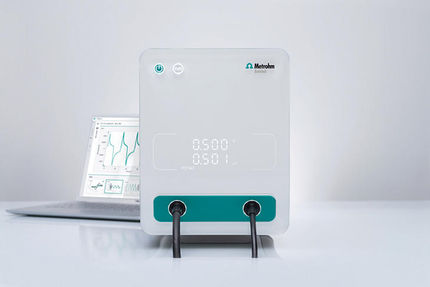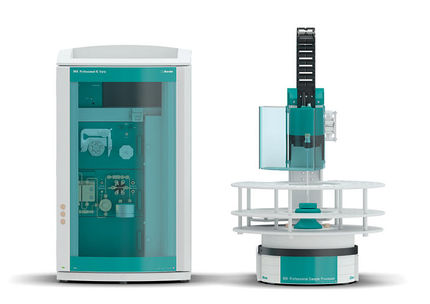To use all functions of this page, please activate cookies in your browser.
my.chemeurope.com
With an accout for my.chemeurope.com you can always see everything at a glance – and you can configure your own website and individual newsletter.
- My watch list
- My saved searches
- My saved topics
- My newsletter
Peptide hormonePeptide hormones are a class of peptides that are secreted into the blood stream and have endocrine functions in living animals. Product highlightLike other proteins, peptide hormones are synthesized from amino acids according to an mRNA template, which is itself synthesized from a DNA template inside the cell's nucleus. Peptide hormone precursors (pre-prohormones) are then processed in several stages, typically in the endoplasmic reticulum, including removal of the N-terminal signal sequence and sometimes glycosylation, resulting in prohormones. The prohormones are then packaged into membrane-bound secretory vesicles, which can be secreted from the cell by exocytosis in response to specific stimuli. These prohormones often contain superfluous amino acid residues that were needed to direct folding of the hormone molecule into its active configuration but have no function once the hormone folds. Specific endopeptidases in the cell cleave the prohormone just before it is released into the blood stream, generating the mature hormone form of the molecule. Mature peptide hormones then diffuse through the blood to all of the cells of the body, where they interact with specific receptors on the surface of their target cells. Some peptide/protein hormones ( angiotensin II, basic fibroblast growth factor-2, parathyroid hormone-related protein) also interact with intracellular receptors located in the cytoplasm or nucleus by an intracrine mechanism. Notable peptide hormonesSeveral important peptide hormones are secreted from the pituitary gland. The anterior pituitary secretes luteinizing hormone and follicle-stimulating hormone, which act on the gonads, prolactin, which acts on the mammary gland, adrenocorticotrophic hormone (ACTH), which acts on the adrenal cortex to regulate the secretion of glucocorticoids, and growth hormone, which acts on bone, muscle, and the liver. The posterior pituitary gland secretes antidiuretic hormone, also called vasopressin, and oxytocin. Peptide hormones are produced by many different organs and tissues, however, including the heart (atrial-natriuretic peptide (ANP) or atrial natriuretic factor (ANF)) and pancreas (insulin and somatostatin), the gastrointestinal tract (cholecystokinin, gastrin), and adipose tissue stores (leptin). Some neurotransmitters are secreted and released in a similar fashion to peptide hormones, and some 'neuropeptides' may be used as neurotransmitters in the nervous system in addition to acting as hormones when released into the blood. When a peptide hormone binds to receptors on the surface of the cell, a second messenger appears in the cytoplasm, which triggers intracellular responses.
|
||||||||||||||||
| This article is licensed under the GNU Free Documentation License. It uses material from the Wikipedia article "Peptide_hormone". A list of authors is available in Wikipedia. | ||||||||||||||||







